Participants
Organiser
Dr. Roberto Antonio Díaz Hernández

Roberto A. Díaz Hernández studied History at the University of Salamanca. He spent the last year of his History degree at the University of Leipzig on an Erasmus grant (2003-2004), after which he gained his Magister Artium degree in Egyptology and Arabic Studies at the University of Leipzig (2004–2009), and went on to do his PhD with a thesis on the language of Middle Kingdom biographical and literary texts under the supervision of Prof. Wolfgang Schenkel (2009–2013) at the University of Tübingen. He worked as a postgraduate trainee at the Castle Museum in Jever (2013–2014). Next he was a visiting fellow at the Institute of Ancient History of the University of Mainz (2014-2015). He moved to Munich after being awarded a scholarship (“wissenschaftliches Volontariat”) at the State Museum of Egyptian Art in Munich (2015–2016), the State Collections of Antiquities and Glyptothek (2016–2017) also in Munich. He worked as a research assistant in the Volkswagen-Project “Cosmogony and Theology of Hermopolis Magna” (2017–2018) at the Institute of Egyptology and Coptic Studies of the Ludwig-Maximilian University in Munich, where he also taught Middle Egyptian until 2021. He was a Fellow of the Gerda Henkel Foundation in 2022, working on the publication of Sarenput I’s biographical tomb inscriptions from Qubbet el-Hawa (in press). He is currently Junior Professor of Ancient History at the University of Jaén and Head of the project “Nile in Contact”. He is a member of the UniDive COST Action (CA21167). He is also the initiator and developer of the Egyptian-UJaen Treebank, the first morphosyntactic treebank of Egyptian, whose updates are regularly published in Universal Dependencies. His current research interests are language change in Egyptian and computational linguistics applied to Egyptian.
Speakers
Dr. Victoria Almansa-Villatoro

Victoria Almansa-Villatoro is a Junior Fellow at the Society of Fellows at Harvard University and will begin her appointment as an Assistant Professor of Egyptology at Yale University in July 2025. She earned her PhD in Egyptology from Brown University in 2022. Her research investigates the ancient Egyptian language through Politeness and Discourse Analysis to reveal the social values that influenced interpersonal actions and the formation of institutional discourses in royal inscriptions. She has also published on the relationship between sign iconicity and cosmovision in the Pyramid Texts, with a particular focus on depictions of the skyscape and meteorites. Her other research interests include orality and literacy, seals and scarabs, and the intersection of religious and social knowledge over time. Currently, Victoria is working on publishing a large Old Kingdom archive of hieratic papyrus fragments from Elephantine, housed at the Brooklyn Museum. Her research has been supported by several institutions, including the American Research Center in Egypt and the Austrian Academy of Sciences. Since 2019, she has been an active member of the Ancient Egypt Research Associates' archaeological and sealing teams excavating in Giza, and she serves as assistant director for the mission to the Royal Necropolis and Pyramids of Nuri (Sudan). She is also the Assistant Editor of the Journal of Ancient Egyptian Interconnections.
Dr. Marc Brose
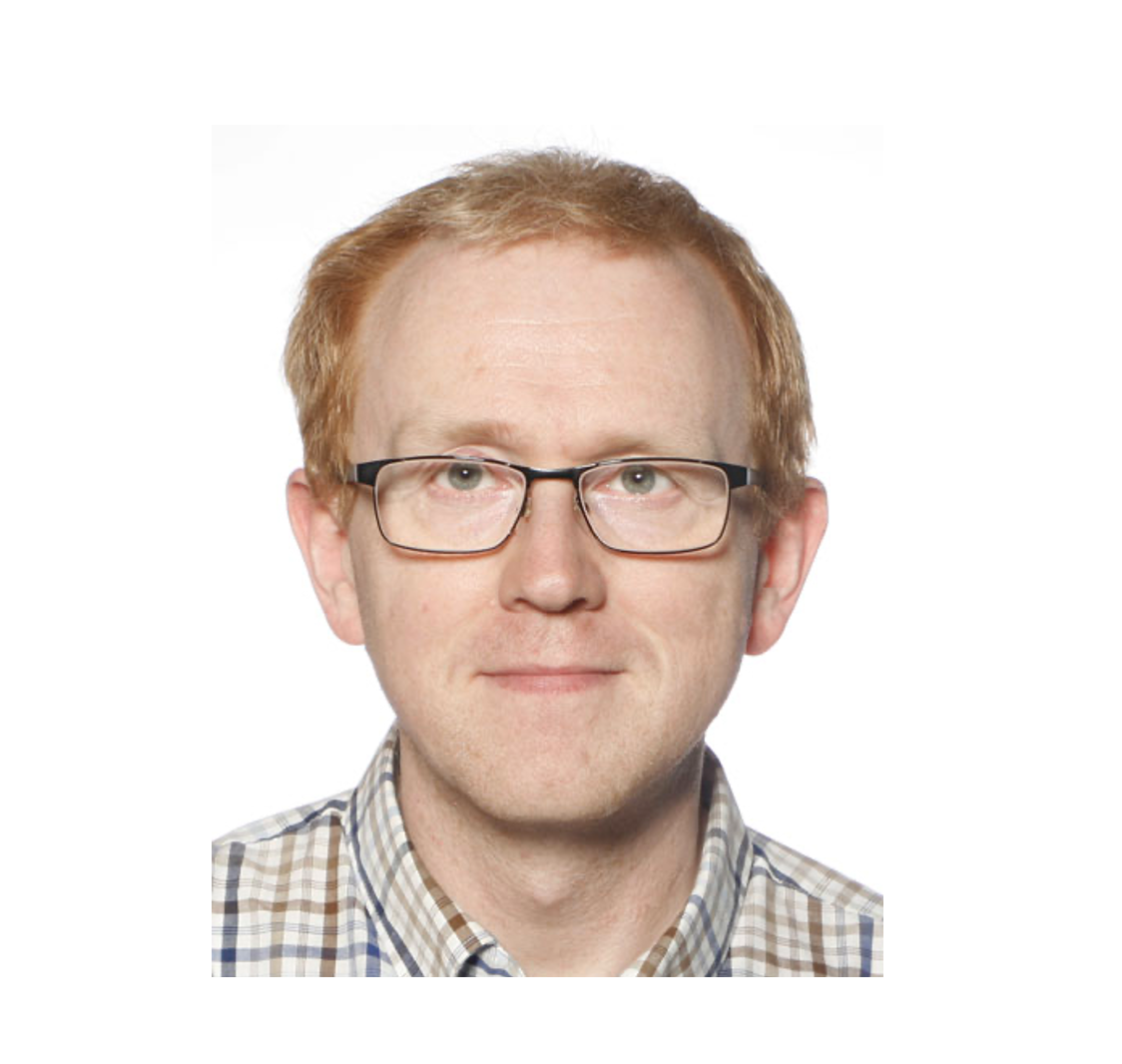
Marc Brose studied Egyptology and Classical Studies in Leipzig from 2002 to 2007. He held a doctoral fellowship from the “Studienstiftung des Deutschen Volkes” (2008-2011). In 2011 he got his PhD in Leipzig (title of his thesis: “Grammatik der dokumentarischen Texte des Mittleren Reiches”). He then began studying Assyriology in Leipzig in 2011, which he completed in 2020 (title of his master thesis: “Studien zu den Zustandsverben im Sumerischen”). Since 2012 he has been working on several research projects on Egyptian linguistics and philology in Leipzig:
- 2012, 2017, 2021: “Strukturen und Transformationen des Wortschatzes der ägyptischen Sprache” (Saxonian Academy of Sciences);
- 2012-2013: “Database and Dictionary of Greek Loan Words in Coptic” (DFG funded);
- 2013-2015: “Altägyptische Wörterbücher im Verbund” (EU funded; in cooperation with the Institute of Computer Sciences);
- 2018-2021: “Vorarbeiten zu einer Grammatik der hieroglyphischen Urkunden der 18. Dynastie: die königlichen Stelen bis einschließlich Amenophis III.” (DFG funded, the results are published in the volume “Die Sprache der königlichen Stelen der 18. Dynastie bis einschließlich Amenophis III.”, 2023).
He worked as a lecturer (“Lehrkraft für besondere Aufgaben”) at the Egyptological Institute in Leipzig from 2022 to 2023. His current project “Korpusgrammatiken der hieroglyphischen Urkunden der 18. Dynastie – Die königlichen Inschriften der Hatschepsut” (since 2023; DFG funded) deals with the grammar of the royal inscriptions of Queen Hatschepsut. His preferred research topics are Egyptian grammar and lexicography, the history and change of the Egyptian language, and comparative Egyptian-Semitic Studies (see his volume “Perfekt-Pseudopartizip-Stativ”, 2019).
Dr. Roman Gundacker
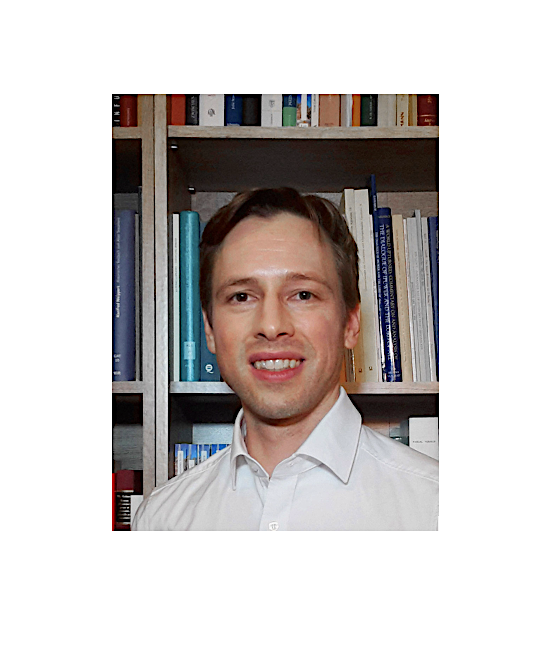
Roman Gundacker completed his PhD with a dissertation on the linguistic stratification of the Pyramid Texts under the supervision of Helmut Satzinger in 2009 and received his PhD in 2010 from the University of Vienna with highest distinction (sub auspiciis praesidentis rei publicae). Since 2009, he has taught as a lecturer at the Institute of Egyptology of the University of Vienna. In 2014, he was awarded a post-doctoral APART-fellowship of the Austrian Academy of Sciences devoted to the investigation of ancient Egyptian noun compounding. From 2017 to 2020, he served as Junior Group Leader in the research group “Levantine and Egyptian Histories” at the Institute for Oriental and European Archaeology of the Austrian Academy of Sciences. He furthermore was Principal Investigator of the ERC Starting Grant “Challenging Time(s): A New Approach to Written Sources for Ancient Egyptian Chronology” (2018–2023, GA Nr 757951), which was hosted at the Austrian Archaeological Institute of the Austrian Academy of Sciences and evaluated and contextualised written sources for a more precise assessment of ancient Egyptian historical chronology. In 2022, he has become Senior Research Associate at the Austrian Archaeological Institute of the Austrian Academy of Sciences.
Roman Gundacker’s research interests cover Egyptian linguistics, in particular historical grammar and morphology, but also language contact and language history. He has also conducted research in the realm of Egyptian literature and text philology and dealt with problems of the tradition and transmission of texts, textual criticism, and the interplay of stylistic and linguistic features. His research on the determination of syllable structure rules and vocalisation patterns is situated in a broader context in order to understand better Egyptian history and historical chronology, but also cultural history and the ancient Egyptian mindset.
Dr. Aurore Motte
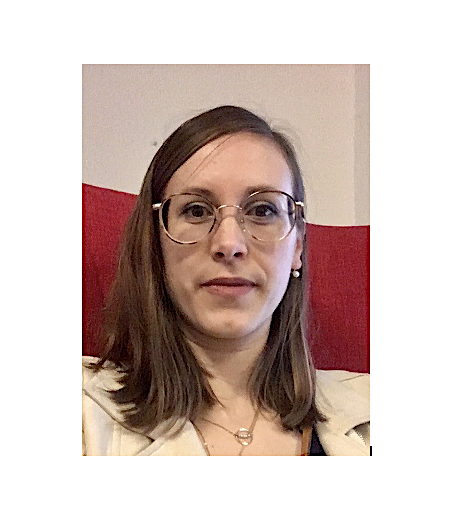
Aurore Motte is a postdoctoral researcher of the National Fund for Scientific Research (Belgium, F.R.S.-FNRS), working in the Ancient Worlds research unit, Department of Antiquity Sciences, Faculty of Philosophy and Letters at the University of Liège. Prior to this position, she was a Humboldt Research Fellow at the Johannes Gutenberg University of Mainz (2020-2023) and a Postdoctoral Research Associate at Brown University (2019-2020). Her research interests focus on ancient Egyptian (icono)texts, which include textual criticism, (socio)pragmatics, scribal practices, and the materiality of writing. In addition, she builds on Politeness Theories in the field of (socio)pragmatics to approach (im)politeness in ancient Egyptian texts. For a couple of years, she has been addressing the concept of “paratextuality,” a hitherto understudied aspect in ancient Egyptian textual studies. She is currently conducting research on the Book of Kemyt.
Dr. Elsa Oréal

Elsa Oréal has been a CNRS researcher since 2001. Her main research activities are in the field of philology and historical linguistics of Ancient Egyptian. She is the author of a monography about particles in Old and Middle Egyptian (2011). She teaches Ancient Egyptian courses at the ENS-PSL and ELCOA in Paris. She is the current Chief-Editor of the Revue d’égyptologie.
Prof. Dr. Andréas Stauder
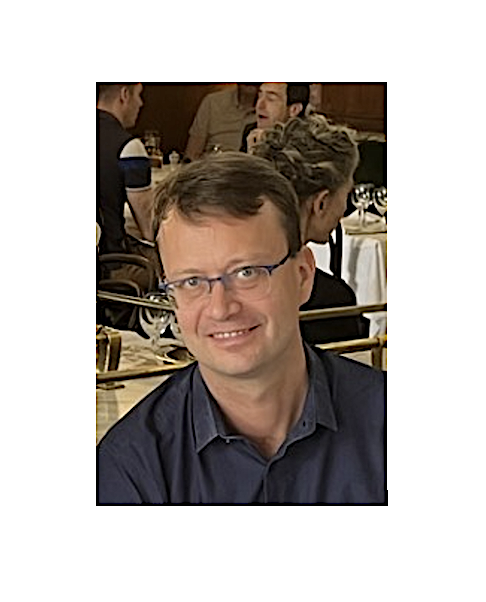
Andréas Stauder was elected Professor of Egyptology at the École Pratique des Hautes Études-PSL in Paris in 2014. He was previously a researcher with the Swiss National Science Foundation and the University of Basel, and a post-doctoral fellow at the Oriental Institute of the University of Chicago. He holds an Habilitation from the EPHE (2013), a PhD in Egyptology form Basel (2007), and two MA’s from Geneva, the first in Egyptology, Coptic, and Sanskrit, the second in Assyriology and ancient Hebrew. He has studied musical composition at the Conservatoire supérieur de musique de Genève, earning a Prix de Composition. His research interests include the origins of writing in Egypt and beyond, the comparative study of complex writing systems, the history of the Egyptian-Coptic language with a particular focus on the verb, Middle Kingdom narrative poetry, and inscriptions. He is currently completing a book with the title Kingship before writing. The U-j inscriptions reconsidered. Previous publications include The Earlier Egyptian Passive. Voice and Perspective (2014) and Linguistic Dating of Middle Egyptian Literary Texts (2013). He is the area editor for “Language, Writing, Text” with the UCLA Encyclopedia of Egyptology (UEE), a co-editor of the e-journal Hieroglyphs, and the editor of the series Cambridge Elements in Writing in the Ancient World, to be inaugurated this Fall. He has previously directed the project “Scripta. History and practices of writing” (PSL, Paris), co-directed module A in the NCCR eikones (SNF+Basel) “Materiality and Semantics of Writing,” and directed the SNF project “The Old Egyptian Verb. Functions in Text.”
Dr. Sami Uljas
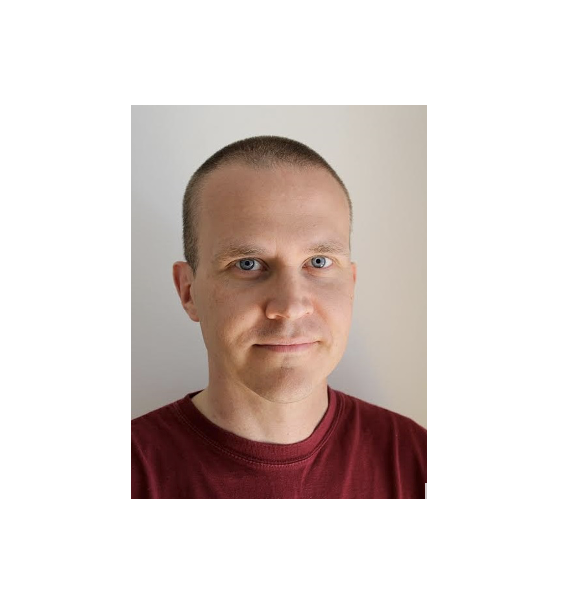
Sami Uljas received his PhD in Egyptology at Liverpool University in 2005. Following project work at Universität Basel in Switzerland and a research fellowship at Trinity College (Cambridge), in 2012 he took up a senior lectureship in Egyptology at the University of Uppsala, Sweden, where he remains. Sami’s main research interests are Ancient Egyptian linguistics as well as Coptic philology.
Prof. Dr. Jean Winand
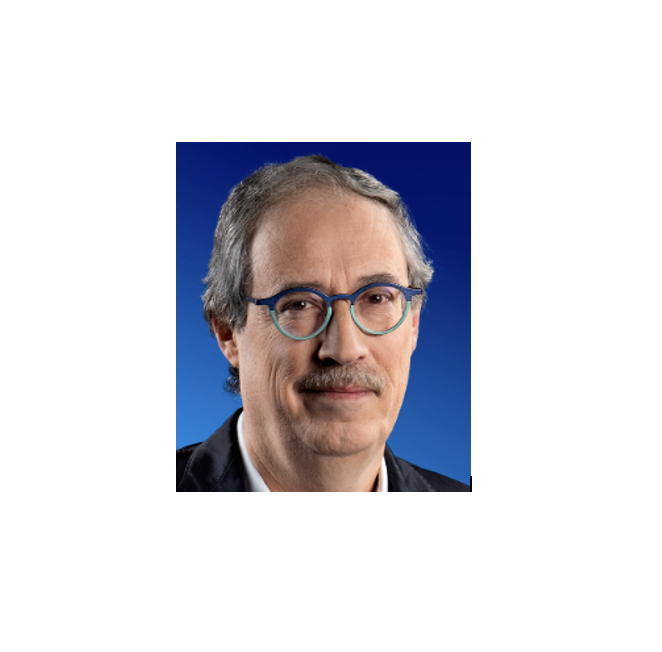
Born in 1962, Jean Winand graduated both in classical philology (Greek and Latine) and in oriental languages and literatures (Egyptian and Akkadian). He wrote his PhD thesis on The verbal morphology in Late Egyptian (1989), then his Habilitation thesis on Time and Aspect in Ancient Egyptian (2002). He has been working with the FNRS (Belgium) for more than 15 years, before entering the academic staff of the University of Liège in 2003. Professor ordinarius in 2005, he was elected Dean of the Faculty of Letters (2009-2016), and First vice-Rector of the University (2018-2022). He was laureate of the Annual Prize of the Royal Academy of Belgium in 1985, of the Quinquennial Prize of the Belgium University Foundation in 1998, and of the Anneliese-Maier Forschungspreis (von Humboldt Stiftung, Germany) in 2015. He has been elected Fellow of Royal Academy of Belgium in 2017.
The main research areas of Jean Winand are the hieroglyphic writing, the languages and literature of Ancient Egypt. He has mainly published on the questions of time and aspect in Ancient Egyptian and on several issues in syntax and lexical semantics. He is also interested in the reception of the hieroglyphs in the Renaissance and the Baroque Era, with a focus on Father Athanasius Kircher. He is the initiator of the Ramses project, an annotated corpus of all Late Egyptian texts, which he runs together with Stéphane Polis. His main monographs include:
- Études de néo-égyptien, I La morphologie verbale, Liège, 1992 [AegLeod., 2].
- Grammaire raisonnée de l'égyptien classique, Liège, 1999, [AegLeod., 6] (with Michel Malaise).
- Temps et aspect en ancien égyptien. Une approche sémantique, Brill, Boston-Leyde, 2006 [PdÄ, 25].
- Les hiéroglyphes en Europe avant Champollion. Depuis l’Antiquité classique jusqu’à l’Expédition d’Égypte, Liège, 2022 (with Gaëlle Chantrain).